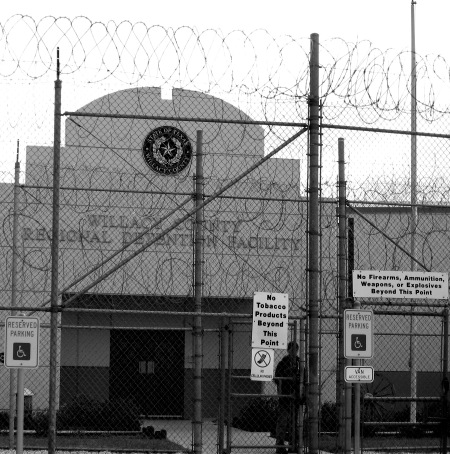This September 1st, it is only fitting to laud the accomplishments of the unnoticed and disenfranchised of America’s workforce – the Immigrant. In a nation that is still bent on building a wall and has popular public figures campaigning for mass deportation, immigrants still managed to excel in 33 of the spots on the American Olympic team. In a nation where immigrants legal and extralegal quake at the thought of ICE raids like that which detained more than 350 workers this past week in Laurel, Mississippi (New York Times), immigrants of undocumented parents (desparagingly referred to as “anchor babies” by American media) like Henry Cejudo worked tirelessly to upset the heavily favored Japanese free wrestler Tomohiro Matsunaga in the gold-medal match in Beijing (Navarrette, Ruben). With hard workers like these thankless millions, Labor Day means a day without work for most of us.
This past week, the national spotlight was turned to the perilous job of the window-washers in New York City. On Tuesday, August 28, two window-washers were narrowly rescued while a third plunged to his death in Manhattan. 49-year-old Robert Domaszowec was a Ukrainian immigrant who had received his dangerous calling from his father (New York Times). Much of the City’s window-washers are first or second-generation immigrants who quietly risk their lives day in and day out to improve the view of millions.
Like so many immigrants, their lives are largely invisible to mainstream American culture. Unless we read about a rare crime committed by an extralegal immigrant or watch an incendiary nativistic talk show on television, these workers who earn their Labor Day often work in underpaid jobs with scant hope for advancement. When they are noticed, it is often with disdain, xenophobia, or worse. This past week Tennessee changed its state law to allow pregnant inmates to be unchained and uncuffed during childbirth. This came only after a Mexican immigrant, detained in Davidson County on the charge of “careless driving,” was left handcuffed to the bed for all but a few minutes of her labor. The Sheriff went on record as saying this recently overturned policy was, “a little more than may have been necessary in every case” (New York Times.
On this Labor Day, it is vital we appreciate our nation’s success over the years and the people to whom we owe a deep thanks. At the risk of sounding repetitive and Kennedy-esque, our nation truly is a land of immigrants, new and long-established, coming and going. On Labor Day it is important to remember those who are not even allowed to join labor unions but still work 10-hour days in our factories and fields, houses and skyscrapers. This Labor Day let us say a prayer for our nation, that it may not forget those things which make it strong (such as immigrants) and that it may cease those things which weaken it daily (such as the wars of the past 40 years). If our nation would rise to its self-proclaimed status as world power, if we would acknowledge both the push and pull of immigrants coming to this country, if we would work to incorporate and integrate and empower every resident within our borders, then Labor Day could truly be a holiday celebrated by everyone in the United States instead of just those with papers.



